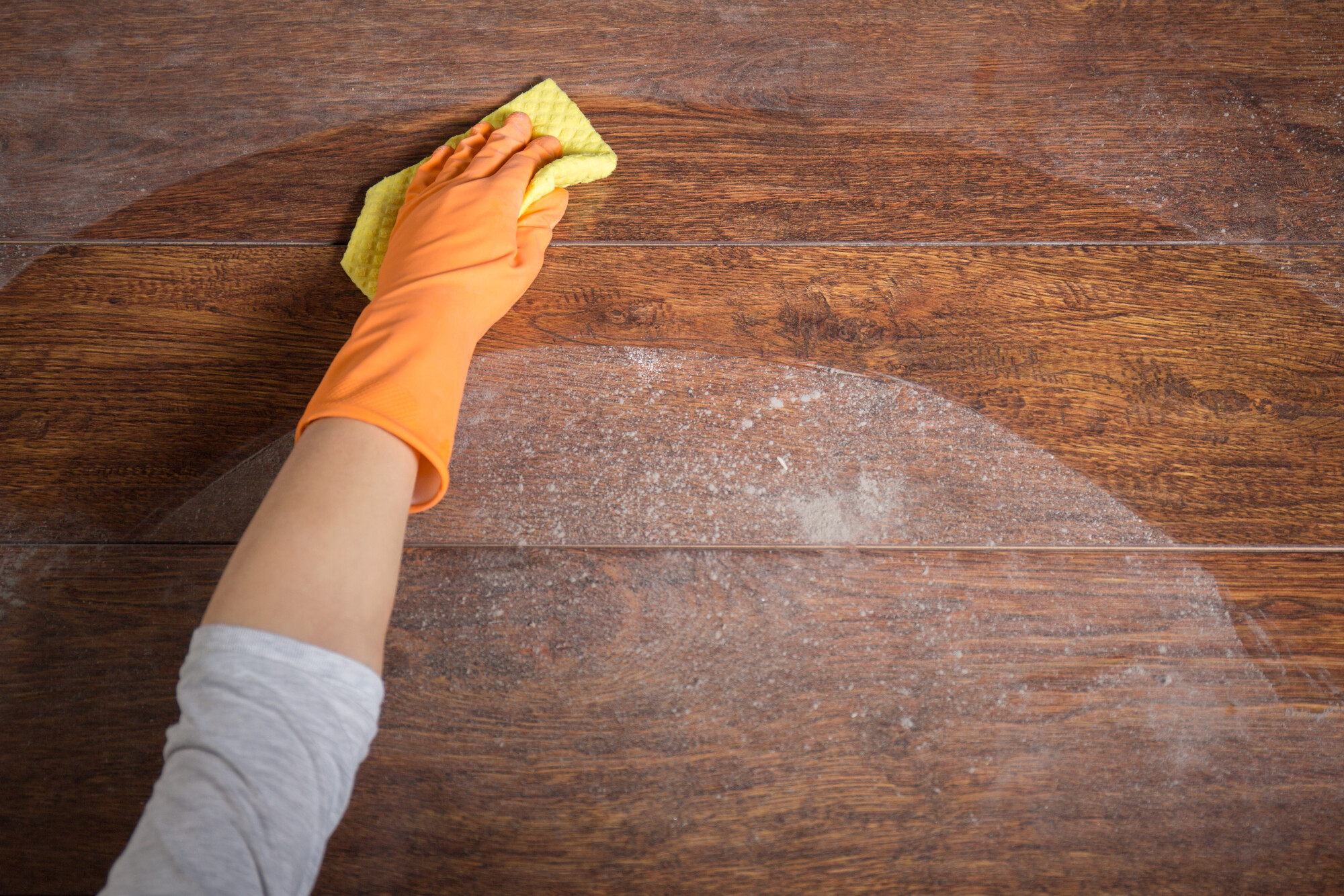If you have a quartz countertop, you know how much of an investment they are. It’s a durable, long-lasting material that is definitely worth its price point. Quartz countertop cleaning, however, can be a time-consuming process if it isn’t done often enough.
Whether you already have a quartz countertop or are considering making the switch, there are a few things you need to know about its upkeep. Read on to learn how to clean a quartz countertop.
1. Start With the Basics
Using a mild dish detergent, warm water, and a soft rag, wipe down your countertop. It’s best to use a non-bleach, non-abrasive soap here that doesn’t contain any astringents or chemicals since these substances can wear down the finish on your countertops.
It’s also best to use warm water since it’s more effective at getting tough messes to release from your countertop than cold water.
Using smooth, circular motions should be enough to get the majority of messes with little to no effort. For tougher messes, you can apply more of the solution as needed.
You also don’t have to limit how many times per week you clean your counters with soap and water. In fact, it should be done every time you cook, bake, or meal prep.
2. Rinse With Fresh Water
Once you’ve wiped down your counter, it’s time to rinse it off. You can rinse off and use the same rag or sponge as before, or you can grab a new, clean one.
This step is important because leaving the soap to dry on your counter can result in scummy residue lingering for longer than it should.
3. Clean up Spills as They Happen
Yes, commercial quartz is a non-porous material, which means that it won’t absorb or lock-in stains, but spills should be addressed as they happen.
When you do this, they’re easier to clean up, and you keep your countertop looking new for much, much longer.
Deep-Clean a Quartz Countertop
While steps 1-3 are enough to keep minor messes at bay, there are other steps you can take to keep your countertop clean for the long haul. Here are a few deep quartz countertop cleaning tips to take when it needs it.
4. Scrape off Hard Messes
If scrubbing hasn’t done anything for stubborn or hard-to-remove messes, scraping is the next step you can take.
You don’t need anything intense to remove any gunk, though, especially if it can scratch or damage your countertop. Instead, keeping a plastic scraper on hand is perfect.
If you can’t scrape it off on the first try, messes can become easier to remove if you soak the stain with warm water.
5. Break Down Stubborn Residue
If warm water isn’t proving to be enough to remove tough stains and residue, turning to a vinegar solution may also be the answer. This solution also helps remove food particles and mineral deposits from hard water that may be forming a whitish film on your countertop.
All it takes is mixing equal parts of white vinegar and water in a spray bottle. Once you’ve done that and the solution is on the countertop, simply take a soft sponge and wipe it all up to reveal a streak-free shine.
If you don’t have vinegar on hand, equal parts hydrogen peroxide and water work just as well.
Finding a reliable cleaning company can also help you with these residues.
6. Remove Tougher Stains
If a vinegar or hydrogen peroxide solution isn’t enough to get those pesky stains out, you can turn store-bought cleaners. It’s important to make sure these cleaners are oil-based — Goo Gone is a great solution to turn to.
To use this method, lightly apply the cleaner to your countertops and let sit for just a few minutes. Once this is done, simply rub out the mess and remaining cleaner using a warm, damp cloth.
If you don’t have an oil-based cleaner on-hand, ordinary rubbing alcohol works as well. You should not use acetone, however, as this can disturb the sealant on your counter’s surface.
7. Preservation
Though quartz countertops are resilient, they’re not indestructible. Luckily, there are few things you can do to help preserve your counter’s shiny finish and its seal for many years to come.
Things to Avoid
We’ve already covered this, but it’s worth mentioning again because of the potential side effects. Avoid using abrasive cleaners and scrubbers on your quartz countertops. These cleaners are designed to create small scratches on the surface they clean, and this can lead to harsh damage overtime.
Similarly, bleach and oven cleaners can cause damage to your countertops like bubbling, staining, and even discoloration. It’s best to stick with mild soap and soft cleaners at all times. Also, be sure to always use a cutting board when you’re preparing food!
Low Heat Tolerance
Unlike granite, quartz countertops aren’t meant to withstand high levels of heat. Always be sure to use a cooling rack or your cooktop if you have to set hot pans, pots, or baking sheets down somewhere. Sudden changes in temperature can result in cracking.
Quartz countertops are also best left to indoor areas instead of your outdoor kitchen. (Tile and other similar materials are great for outdoor kitchens, though.)
When exposed to constant sunlight, moisture, and fluctuations in temperature, quartz is put at a greater risk of cracking and fading.
If you do decide to use quartz countertops outside, make sure they’re protected from UV exposure with an awning or overhang.
Remember These Tips on How to Clean a Quartz Countertop
Now that you’ve learned how to clean a quartz countertop, it’s important to remember these tips so you can preserve yours for years to come. When you invest in something as durable as quartz, it’s easy to think it’s invincible, but you’d be mistaken.
If you need help cleaning your quartz countertops or any other part of the house, contact us today for an instant quote.





